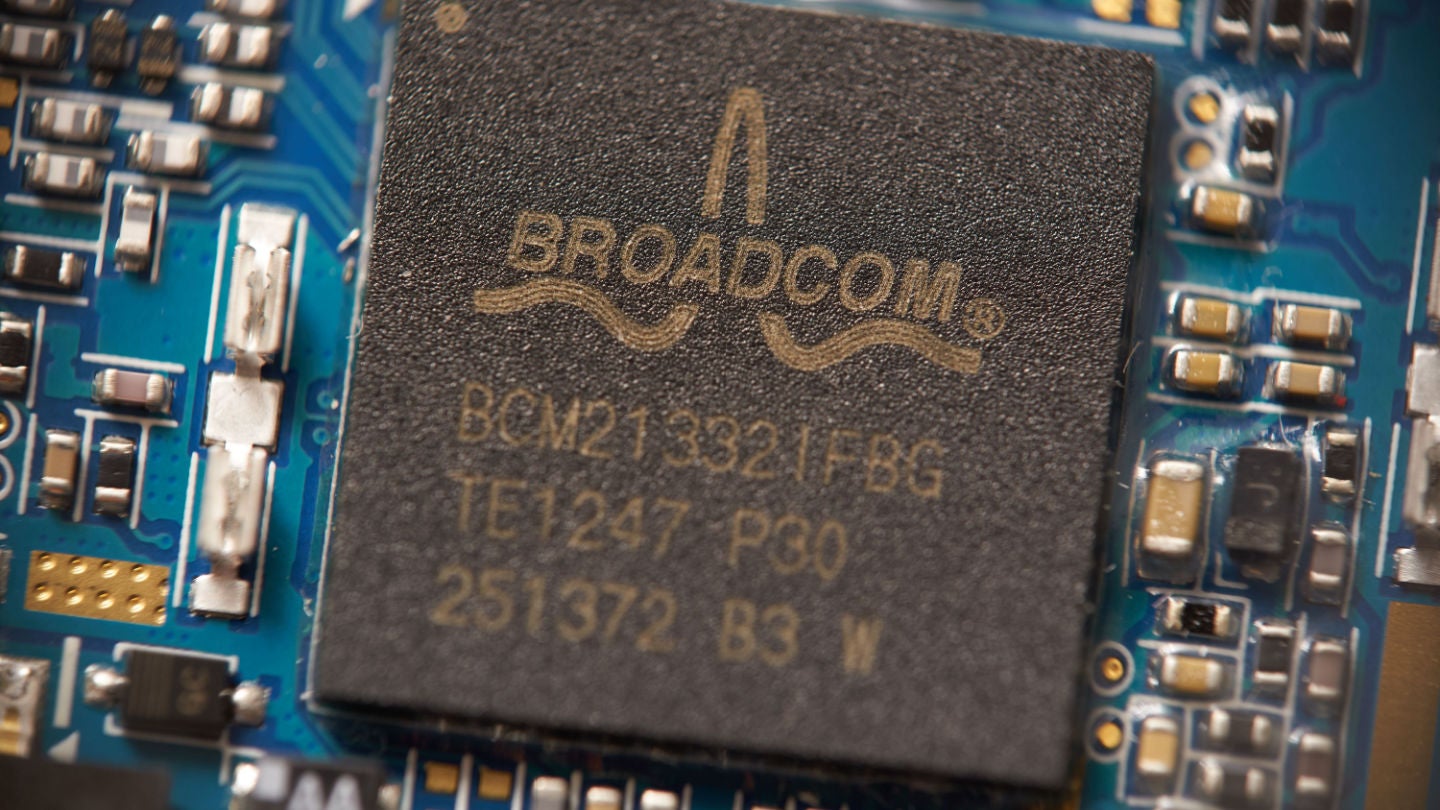
The potential Broadcom and VMware deal could create, on paper, a conglomerate effect in the server market. The consequence as a result of the uncertainty of this deal will also have an impact on both Broadcom’s and VMware’s customer base.
GlobalData previously provided commentary questioning if Broadcom had the right profile but more importantly the right pedigree to be the company acquiring VMware. After all, this is one of the largest potential acquisitions resulting in VMware being acquired by Broadcom for approximately $61bn in a cash and stock transaction, together with VMware’s net debt of $8bn.
Firstly, Broadcom has a chequered history in acquisitions, both in terms of itself being acquired and the company making acquisitions. But this is nothing new in the tech M&A world. However, Broadcom’s past history on acquisitions speaks volumes. In particular, its acquisition of the cybersecurity player Symantec in 2019 for $10.7bn in cash, questioned Broadcom’s seriousness to move into cybersecurity, having sold Symantec’s cybersecurity services business a year later to Accenture.
Does the Broadcom and VMware deal create an unequal playing field in the server market?
VMware is a credible player with a solid foundation and strategy to drive its network, cloud, virtualization, and security business. Therefore, for this deal to work, irrespective of the regulatory concerns on fair play, it will be critical that Broadcom provides the necessary support and investment in VMware for the acquired company to not only maintain its brand equity but also operate with a level of autonomy.
However, there is a major stumbling block in the form of regulatory approval questioning if the acquisition constitutes fair play.
The interested parties, including the Federal Trade Commission’s (FTC), European Commission (EC), and Competition and Markets Authority (CMA) in the UK, have all homed in on conducting a review of the planned acquisition.
How well do you really know your competitors?
Access the most comprehensive Company Profiles on the market, powered by GlobalData. Save hours of research. Gain competitive edge.

Thank you!
Your download email will arrive shortly
Not ready to buy yet? Download a free sample
We are confident about the unique quality of our Company Profiles. However, we want you to make the most beneficial decision for your business, so we offer a free sample that you can download by submitting the below form
By GlobalDataThe FTC stated that its review of Broadcom will focus on ‘conglomerate effects’ of the combination. The CMA’s investigations are somewhat firmer with the authority expressing a concern on the UK server market. In particular, CMA’s executive director David Stewart issued a statement this month which highlighted concerns that the acquisition might impact competitors from the supply of hardware components to the server market, leading to less innovation and speed to market.
This stems from market affecting scenarios that the combination of Broadcom’s hardware together with the server virtualization capabilities of VMware will prevent the supply to competitors of VMware compatible hardware components.
An element of conglomerate effect
In GlobalData’s view there is an element of a conglomerate effect created by the potential Broadcom and VMware deal in the server segment. VMware also brings more to the table than Broadcom, and potentially Broadcom will get to use VMware’s strong cloud and virtualisation capabilities to its competitive advantage.
The global server virtualisation market is also expected to exceed $15bn by 2030, with a CAGR of 7-8%, and this will be influenced by high speed data centres and increased cloud computing adoption; and so long term the deal could have a high impact and affect the competitive playing field in the server virtualisation space that consists of players like Oracle, Amazon, Google, Huawei, IBM, Citrix and Microsoft.
Cybersecurity may be less of an issue
Other areas of the Broadcom and VMware business covering cybersecurity will in GlobalData’s view be less of an issue due to the acquisition creating less of monopoly due to the relative market position of both players in the cybersecurity segment, and existing portfolio overlap in areas like Broadcom’s (Symantec) product lines across SASE and XDR.
However, what the market fails to acknowledge is that the effects of the uncertainty could potentially damage brand equity, as there are significant amount of VMware customers grappling with the state of affairs on their current and future VMware investments.
This will no doubt give an opportunity to competitors across both Broadcom and VMware key areas of business where they can increase market share.







Related Company Profiles
Microsoft Corp
Oracle Corp
Broadcom Inc
VMware Inc